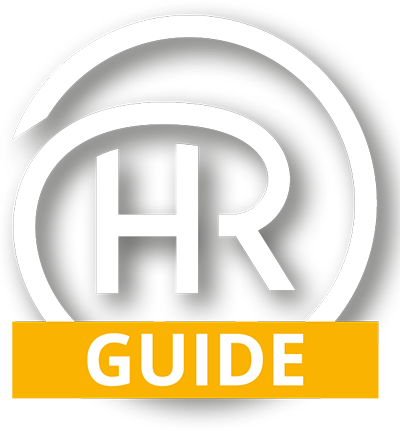Understanding Non-Disclosure Agreements – A Step by Step Guide
Written by Andrew Johnson, Founder and CEO HRGuide - Thu 10th Oct 2024
Introduction
An employer might use a non-disclosure agreement (NDA) to stop an employee or worker sharing information. A non-disclosure agreement can also be known as a 'confidentiality clause'. It's a written agreement and could be:
- in an employment contract
- in a conciliation agreement (COT3) – written up when an agreement is reached through early conciliation
- in a settlement agreement
- in a separate, stand-alone document
When a non-disclosure agreement might be used - A non-disclosure agreement might be used during someone's job or after a job ends.
For example, a non-disclosure agreement might be used:
- when someone starts a new job, to protect company secrets
- after a dispute which results in someone leaving a job, to keep details confidential
Using a non-disclosure agreement as part of a settlement agreement
An employer and their employee or worker might use a settlement agreement to resolve a dispute at work. In some cases, employers might also ask the employee or worker to sign a non-disclosure agreement to keep certain things about the settlement agreement confidential.
Keeping the details of a settlement agreement confidential
A non-disclosure agreement might be used if the employer or the employee or worker wants to keep confidential:
- the sum of money agreed in a settlement agreement
- some or all of the other settlement terms
- some or all of the circumstances leading to the settlement agreement
This does not stop the employer or the employee or worker from telling others that a settlement agreement has been made.
Keeping the fact a settlement agreement has been made confidential
This is when the employer or the employee or worker wants to keep confidential that a settlement agreement has been made. This might be when only certain people know about the settlement agreement and they do not want others to know.
Other reasons for using a non-disclosure agreement
Non-disclosure agreements might also be used:
- to keep an organisation's information confidential
- when an employer needs to protect customer or client identities, intellectual property or other sensitive or important business information
- to keep certain things the employee knows about the organisation confidential
- to stop someone making critical or insulting comments – for example about the employer or employee, specific people in the organisation, the service that an employer provides, or their customers and clients
- to help protect someone if the details of a dispute or dismissal became widely known
For example, a new employee joins a pharmaceutical company. They're asked to consider and agree to a non-disclosure agreement that stops them giving company information to competitors.
When an employer cannot enforce an agreement
A non-disclosure agreement cannot stop anybody:
- whistleblowing
- reporting a crime to the police
- discussing their pay with anyone at work for reasons relating to equal pay
When a non-disclosure agreement should not be used
A non-disclosure agreement should not be used:
- before seeing if another solution can be used instead
- when confidentiality is not needed
- when the need for confidentiality already exists – for example some issues might be already covered by data protection law (UK GDPR)
- to stop someone reporting discrimination, harassment or sexual harassment
- to cover up inappropriate behaviour or misconduct, especially if there's a risk of it happening again
- to avoid addressing disputes or problems
- to mislead someone
- if it could cause serious moral or ethical issues
- if it could cause any other negative outcomes or effects
Having an effective non-disclosure agreement in place with key role holders can protect your businesses information, customer data and intellectual property rights.
Download our template non-disclosure agreement at www.hrguide.co.uk.
Download our more detailed step by step HR How to Guide for more detail on contract clauses and non disclosure agreements by subscribing to https://www.hrguide.co.uk/subscribe.php
If our step-by-step HR How to Guide doesn’t give you the support you need, simply call us on our HR Helpline for expert advice.

